The CMP Review — Week of July 15
July 15, 2024
Education not Religious and Secular.—In the first place, we divide education into religious and secular. The more devout among us insist upon religious education as well as secular. Many of us are content to do without religious education altogether; and are satisfied with what we not only call secular but make secular, in the sense in which we understand the word, i.e. entirely limited to the uses of this visible world.
The Great Recognition.—Many Christian people rise a little higher; they conceive that even grammar and arithmetic may in some not very clear way be used for God; but the great recognition, that God the Holy Spirit is Himself, personally, the Imparter of knowledge, the Instructor of youth, the Inspirer of genius, is a conception so far lost to us that we should think it distinctly irreverent to conceive of the divine teaching as co-operating with ours in a child’s arithmetic lesson, for example. But the Florentine mind of the Middle Ages went further than this: it believed, not only that the seven Liberal Arts were fully under the direct outpouring of the Holy Ghost, but that every fruitful idea, every original conception, whether in Euclid, or grammar, or music, was a direct inspiration from the Holy Spirit, without any thought at all as to whether the person so inspired named himself by the name of God, or recognised whence his inspiration came. All of these seven figures are those of persons whom we should roughly class as pagans, and whom we might be lightly inclined to consider as outside the pale of the divine inspiration. It is truly difficult to grasp the amazing boldness of this scheme of the education of the world which Florence accepted in simple faith.
(Vol. 2, pp. 270-271)
@tessakeath
July 16, 2024
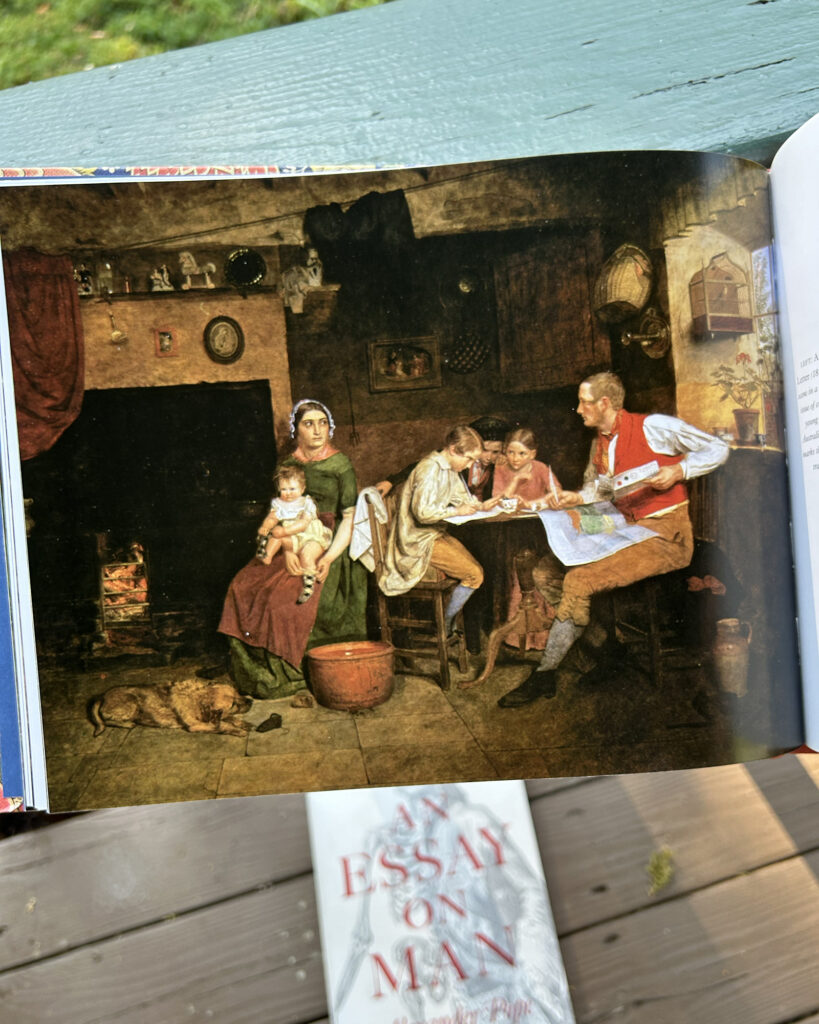
Charlotte Mason wrote that the teacher’s “part is not the weariful task of spoon-feeding, but the delightful commerce of equal minds where his is the part of guide, philosopher and friend.” It’s easy to assume that Miss Mason herself coined the phrase, but the fact is that people had been applying the label “guide, philosopher and friend” to roles, persons, and books for over a century before Mason’s time. But sadly, the label seemed always just out of reach for the ordinary, official teacher, who was more often seen as a master than a mentor.
Charlotte Mason changed all that, showing us how we can be the companions, coworkers, and confidants of our children. This past weekend at the Living Education Retreat, I explored how. You can hear it here.
@artmiddlekauff
July 17, 2024
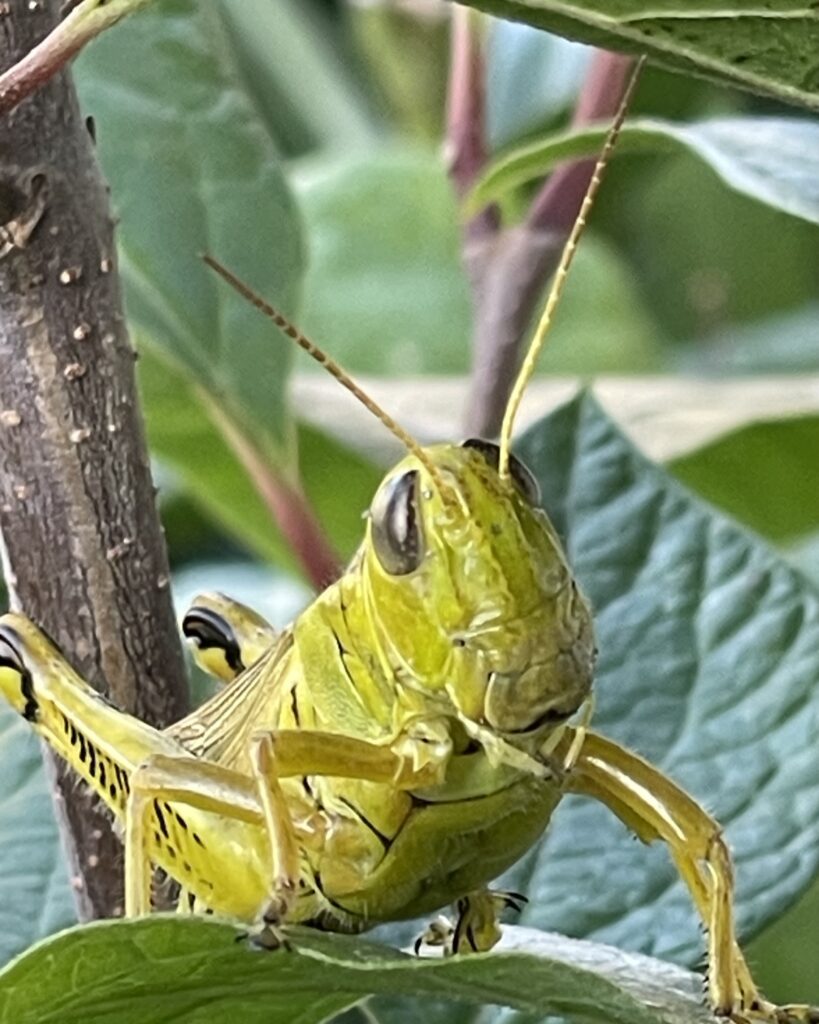
a cool breeze,
the grasshopper singing
with all his might
-Issa
In The Essence of Haiku, author Bruce Ross tells us, “In the best haiku it is the mystery of the particular that is its essence.” Issa has personalized a particular grasshopper in a distinct moment. Ross continues, “It is not just an insect or just a grasshopper: it is this particular grasshopper in this particular scene.”
His statement reminds me of what Charlotte Mason teaches us about capturing form and gesture in our nature journal. We seek to express our subject’s essence—it’s character or personality—if you will. Capturing the nod of a particular sunflower, the bend of a distinct reed, the outstretched arms of the tree we paint each season, or the turn of a flower’s face in our garden.
Tell me what you think in the comments.
@rbaburina
July 18, 202
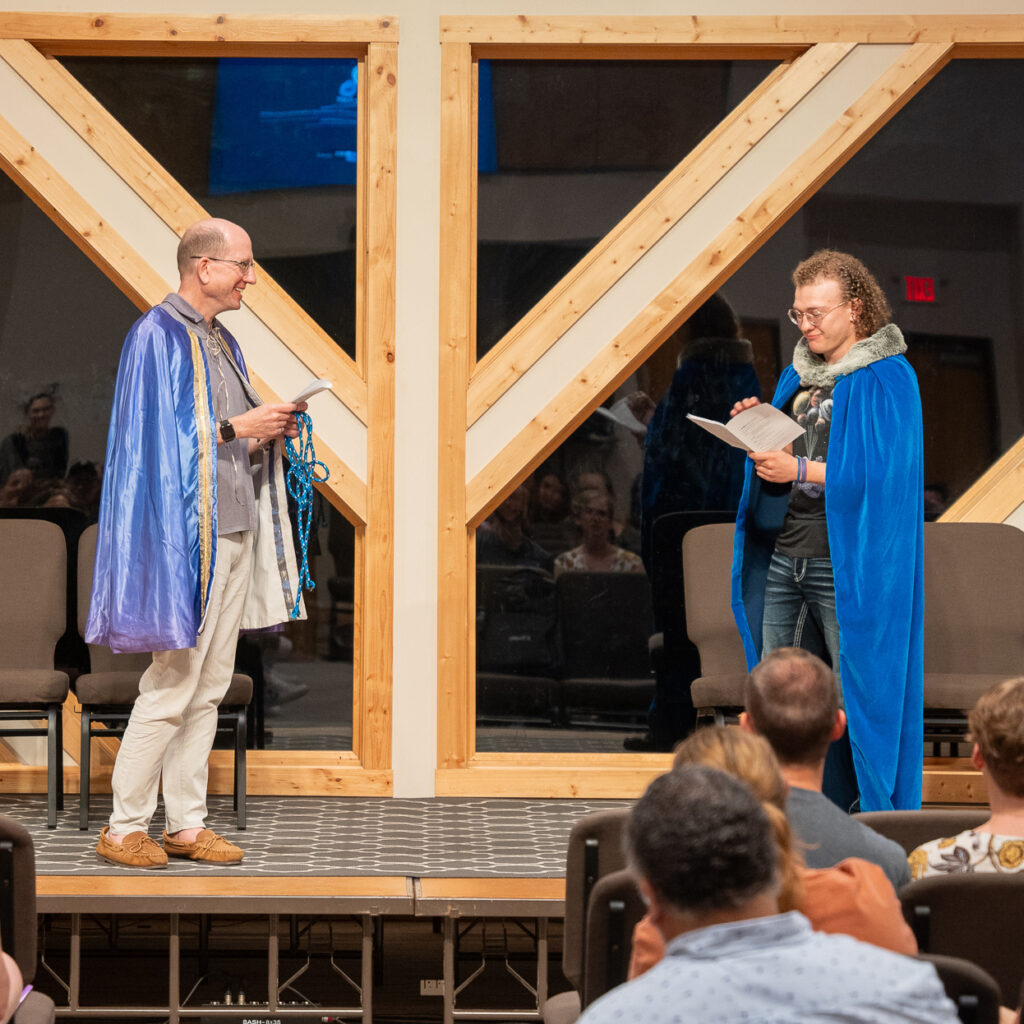
“And Shakespeare?” writes Charlotte Mason. “He, indeed, is not to be classed, and timed, and treated as one amongst others,—he, who might well be the daily bread of the intellectual life.” And she means the intellectual life of *all* persons — whether a child of ten or a man of fifty.
And so, she muses, “How would it be to have a monthly reading of Shakespeare—a play, to be read in character, and continued for two or three evenings until it is finished? The Shakespeare evening would come to be looked on as a family festa.”
For years we have had our own little “family festa” of Shakespeare. Only one evening per week instead of the suggested two or three, but enough for us to make steady progress through the repertoire of the Bard.
Our family festa took on new proportions, however, at the Living Education Retreat last weekend. At the traditional Saturday night “performance” I was joined on stage not only by fellow retreat attendees but also by my firstborn son, my daughter, and the newest addition to my family, my son-in-law.
We are all at different stages of life and we each take our select portions from the feast before us. But there was something for everyone, and I know my cup was overflowing with joy.
@artmiddlekauff
📷 @dave_stillwell
July 19, 2024

One fine afternoon, I came home from a walk to find Serafina and one of her friends outside on a blanket, immersed in a little project. I gave thanks in my heart for this sign of friendship and then went on about my day.
A few hours later, they came up to show me their creations! I was amazed!
Serafina had originally gotten the pattern from a dear vintage Winnie-the-Pooh craft book (The Pooh craft book: Inspired by Winnie-the-Pooh and The House at Pooh Corner by Carol S. Friedrichsen. It’s from 1976. Wait a minute, am I calling 1976 vintage? I was already born then!) Serafina had traced and cut out the pattern and had made herself a Pooh bear a few weeks ago.
She used the same pattern and taught her friend and they whiled away a very, very pleasant afternoon, each creating a bear of their own. They ate a little smackerel of something to give them sustenance (not pictured). And they produced these precious bears, complete with swivelling arms and legs.
I mean, how sweet are these two bears (and these two girls)?!?!
@antonella.f.greco
July 20, 2024
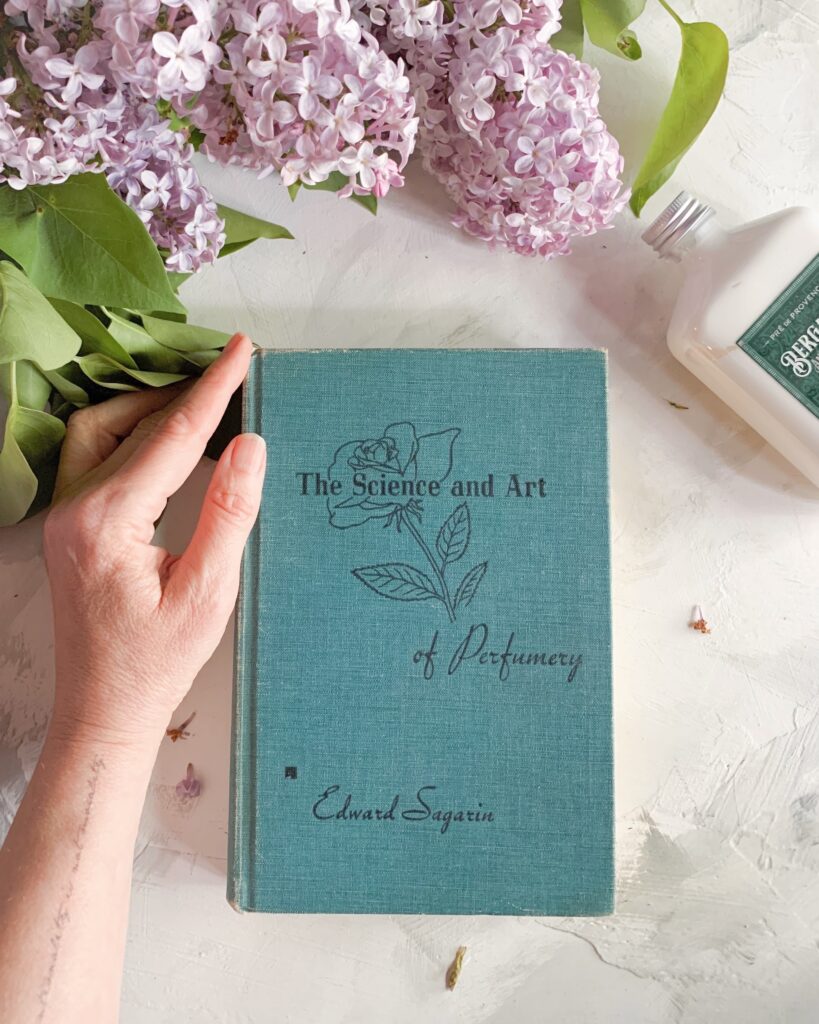
Amongst our reading, Charlotte Mason tells us, we should always have a book to “grow by”.
This is among my most favorite books that is outside my normal genre and stretched me in the best way.
What’s one of yours?
@rbaburina
July 21, 2024
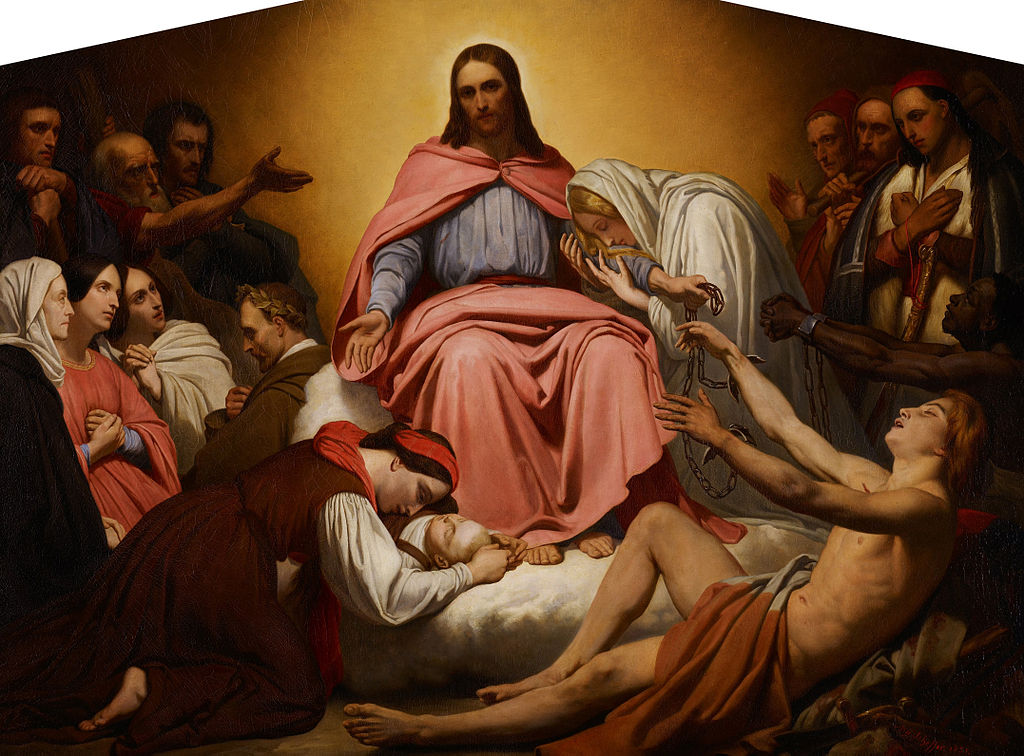
In the Gospel of Matthew we read these words of Christ: “Come to Me, all you who labor and are heavy laden, and I will give you rest. Take My yoke upon you and learn from Me, for I am gentle and lowly in heart, and you will find rest for your souls. For My yoke is easy and My burden is light.”
The saying presupposes that we need rest; but why are we weary? And the saying indicates that we receive a yoke; but what is it?
The answer to these questions are prayerfully explored by Charlotte Mason in her poem “Come unto Me.” Read or listen today and consider a new vision of rest. The poem may be found here.
@artmiddlekauff